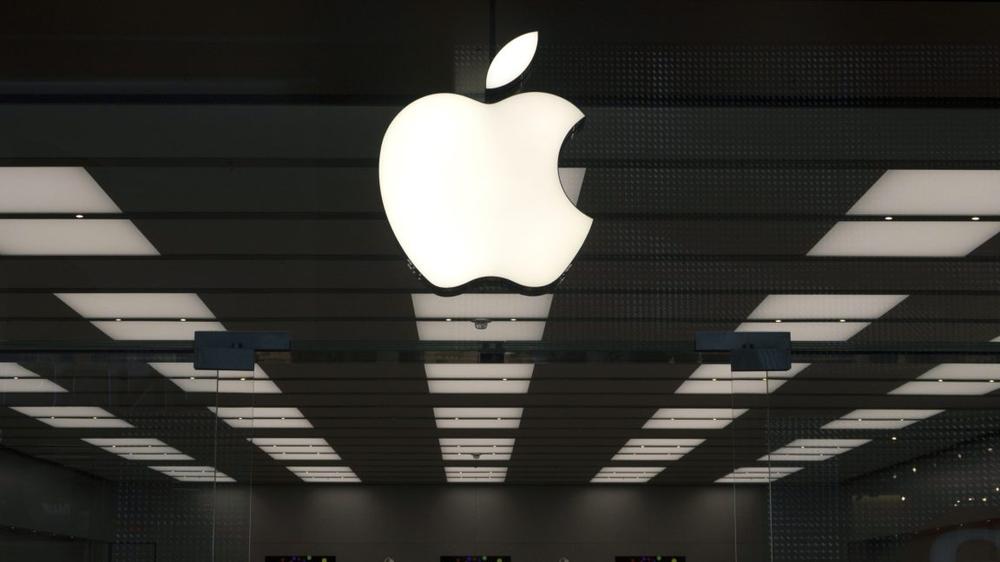Apple has demanded Brussels scrap its landmark Big Tech legislation, marking a step up in US tech giants’ fight against European oversight.
The EU’s Digital Markets Act (DMA), which entered into force in 2022, aims to curb the power of Big Tech and level the playing field for smaller rivals, with fines of up to 10 percent of global revenue for companies that do not comply.
Apple’s call to repeal the law comes at a time of transatlantic tensions over the EU’s digital rule book, including the DMA.
US President Donald Trump has threatened to punish countries that “discriminate” against US companies with higher tariffs, and Meta’s Mark Zuckerberg has personally lobbied Trump against the DMA.
“The DMA should be repealed while a more appropriate fit for purpose legislative instrument is put in place,” the iPhone maker said in its response to a routine call for feedback on the Digital Markets Act.
The EU fined Apple €500 million in April following an investigation into whether the company’s rules prevented app developers from sending consumers to cheaper offers for products and services outside Apple’s ecosystem.
In June, the company announced changes to its app store policy in an attempt to avoid being further penalized by Brussels.
Apple argues the bloc’s digital rules have made it harder to do business in Europe and worsened consumers’ experience.
In a post on Thursday, the company said the DMA was leaving European consumers with fewer choices and creating an unfair competitive landscape—contrary to the law’s own goals.
For example, Apple said it had had to delay certain features, such as live translation via its AirPods, to make sure they complied with the DMA’s requirement for “interoperability.” The EU rules specify that apps and devices made by one company need to work with those made by competitors.
“Despite our concerns with the DMA, teams across Apple are spending thousands of hours to bring new features to the European Union while meeting the law’s requirements. But it’s become clear that we can’t solve every problem the DMA creates,” the company said.
A European Commission spokesperson said it was normal that companies sometimes “need more time to make their products compliant” and that the commission was helping companies to do so.
The spokesperson also said that “DMA compliance is not optional, it’s an obligation.”
© 2025 The Financial Times Ltd. All rights reserved. Not to be redistributed, copied, or modified in any way.

 “Antagonizing us”: MAGA debate group shows up at HBCU with anti-DEI signs—students make sure they don’t stay
“Antagonizing us”: MAGA debate group shows up at HBCU with anti-DEI signs—students make sure they don’t stay